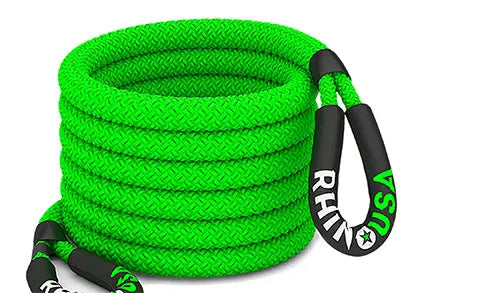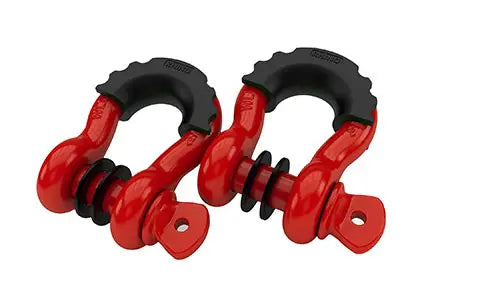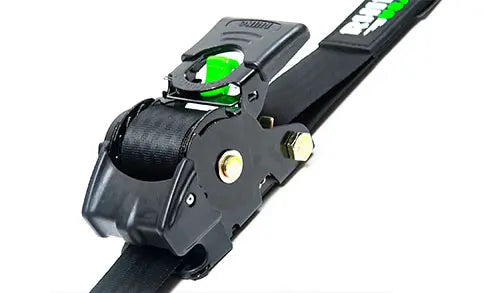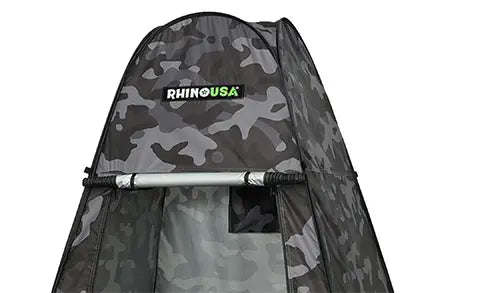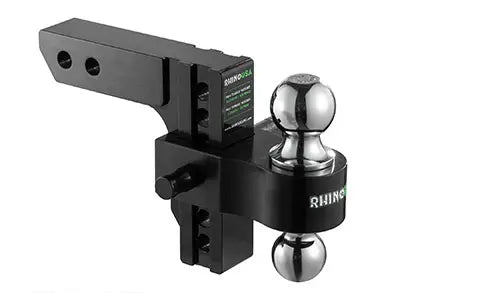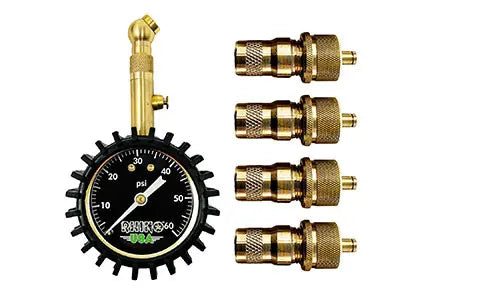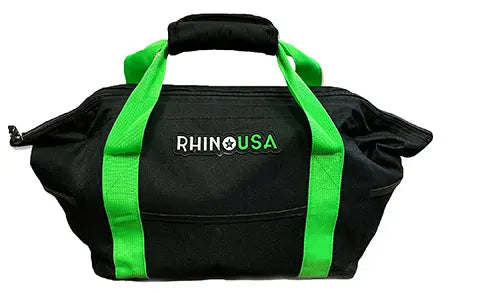Choosing the best fleet fuel card for your small business can significantly streamline your operations and reduce costs. With options like the WEX Fleet FlexCard, which boasts no setup cost or monthly per-card fees, and the Coast Visa Card, which offers no personal guarantee, you have multiple choices that can meet the specific needs of your business. One standout feature of the WEX Fleet FlexCard is the option to carry a balance, potentially easing cash flow concerns for your business.
Fuel cards offer more than just convenience; they can also provide valuable rewards and savings. For instance, the U.S. Bank Triple Cash Rewards World Elite Mastercard offers a 0% APR for the first 15 months, making it an attractive option for small businesses looking for manageable financing. Meanwhile, the Shell Small Business Card is ideal for businesses with lower credit ratings, providing accessible benefits without stringent requirements.
Considering network coverage and additional perks is crucial when selecting a fuel card. The American Express® Business Gold Card offers up to 4X points at U.S. gas stations, adding considerable value to frequent travelers. Finding a fuel card that matches your business’s specific needs can lead to substantial savings and efficiencies, allowing you to focus more on your core operations.
Understanding Fleet Fuel Cards
Fleet fuel cards offer numerous advantages including cost control, spending tracking, and security. They work through a network of fuel stations, allowing businesses to manage fuel expenses efficiently.
Benefits of Fleet Fuel Cards
Cost Control: Fleet fuel cards often come with discounts and rebates at various fuel stations, which can significantly reduce your fuel expenses. Some cards, like the WEX Fleet FlexCard, even offer no setup or monthly per-card fees, making them cost-effective.
Spending Tracking: With these cards, you gain access to detailed reports on fuel usage, enabling you to monitor and analyze spending patterns. This transparency helps in budgeting and identifying areas where costs can be cut.
Security: Fuel cards provide a level of security that standard credit cards cannot. They come with controls that restrict purchases to fuel and vehicle-related expenses, preventing unauthorized use. Additionally, most cards offer fraud protection, adding an extra layer of safety to your transactions.
How Fuel Cards Work
Fuel Station Networks: Fleet fuel cards are accepted at a wide range of fuel stations, often within specific networks like BP Business Solutions or Shell Fleet Fuel Cards. This acceptance ensures that your drivers can refuel conveniently.
Transaction Monitoring: When a card is used, transaction data, including the amount, location, and driver details, is captured instantly. This data is then accessible via an online dashboard, providing real-time insights into fuel usage.
Spending Limits: Many cards allow you to set spending limits and purchase categories, which helps in managing expenses. For example, you can restrict purchases to fuel only, setting daily, weekly, or monthly limits to avoid overspending.
Incentives: Fleet fuel cards may come with various incentives, such as rebates for volume purchases or special pricing on maintenance services. For example, the Comdata Fleet Card offers discounts on tires and other vehicle services, adding value beyond just fuel savings.
Utilizing fleet fuel cards can streamline your fuel management processes, making them an invaluable tool for any small business overseeing a fleet of vehicles.
Evaluating Card Features
When choosing a fleet fuel card for your small business, consider key features such as spending controls, extensive reporting and analytics, and broad acceptance within your network.
Spending Controls and Limits
Spending controls are essential for managing fuel expenses and preventing misuse. Many fleet fuel cards allow you to set daily, weekly, or monthly spending limits. You can also restrict purchases to fuel only, ensuring that expenses remain strictly within operational needs.
Admin dashboards often provide real-time monitoring of transactions. With alert systems, you can receive immediate notifications of any unusual spending patterns. This helps maintain financial discipline and reduces the risk of fraud.
Reporting and Analytics
Comprehensive reporting and analytics are vital for tracking fuel usage and optimizing routes. Fleet fuel cards typically offer detailed transaction reports, helping you identify trends and areas for cost savings.
Customizable reports can break down fuel expenses by vehicle, driver, or time period. This granularity enhances decision-making and allows for more precise budgeting. Some cards also integrate with your existing accounting software, simplifying the reconciliation process.
Acceptance and Network Coverage
Wide acceptance of your fleet fuel card ensures convenience and operational efficiency. Leading providers like WEX and Shell offer extensive networks, with thousands of fueling locations across the country.
Network coverage impacts your ability to manage fuel costs effectively. Cards accepted at multiple locations minimize the need for off-route detours, saving time and fuel. Check the providers' coverage maps to ensure they align with your typical routes and preferred fueling stations.
Cost Analysis
When considering the best fleet fuel cards for your small business, examining the costs involved is crucial. This includes understanding various fees associated with these cards and estimating the potential savings they offer.
Understanding Fees
Fuel cards for small fleets often come with several types of fees. Typical costs include a monthly per-card fee ranging between $2-$4 and a one-time setup fee around $40. You might also face additional charges such as late payment fees, which can vary from $30 to $90, and interest on carried balances.
Some cards, like the WEX Fleet FlexCard, have no setup cost or monthly per-card fees, making them more appealing. It’s important to read the fine print to understand all potential charges that could affect your business’s bottom line.
Calculating Savings Potential
To determine the savings potential of a fuel card, consider the rebates and discounts offered. For instance, the WEX Fleet Card provides rebates up to 3¢ per gallon, which can add up significantly over time. Additionally, automatic accounting and reporting features can save you time and reduce administrative costs.
Promotional offers, like a 3¢ per gallon rebate for the first 180 days available with some cards, can provide short-term savings. Evaluate how these savings offset the fees and other costs associated with the card to find the most cost-effective solution for your fleet.
By weighing these factors, you can make an informed decision that benefits your small business financially.
Selecting the Right Card Provider
When choosing a fleet fuel card for your small business, focus on the providers that offer competitive fees and quality customer support.
Top Providers for Small Businesses
WEX Fleet FlexCard
This card stands out for its no setup cost and no monthly per-card fees. It allows you to carry a balance, which can be beneficial for managing cash flow. A promotional rebate of 3 cents per gallon is available for the first 180 days.
Shell Small Business Card
Ideal for businesses with lower credit ratings, this card provides access to Shell's widespread network. It's a practical choice if network coverage is a top priority for your operations.
Comdata Fleet Card
Though it has an $8 monthly fee per card and a $50 setup fee, it offers discounts on tires and a robust network. This can save your business money on maintenance costs.
Customer Support and Service Quality
WEX
WEX is renowned for its responsive customer service. Quick resolution of issues and 24/7 support are crucial for minimizing downtime and keeping your fleet running smoothly.
Shell
Shell provides solid customer support with easy-to-use online account management tools. This can simplify the tracking of fuel expenses and transaction history.
Comdata
Comdata offers dedicated account managers and extensive online resources. Their customer service is tailored to helping small businesses streamline their operations and improve efficiency.
Choose a provider that meets your specific needs and offers reliable support to ensure smooth fleet management.
Implementation and Management
To effectively implement and manage fleet fuel cards in your business, focus on integrating these tools into your existing operations and ensuring your employees are trained and ready to adopt the new system.
Integrating with Business Operations
Seamless integration of fleet fuel cards into your business operations is essential. Start by selecting a fuel card that aligns with your company's fueling needs and current processes. Key factors include the range of accepted locations, reporting capabilities, and cost-effective pricing models.
Create a streamlined process for issuing cards to drivers and setting spending limits based on your budget. Use automation tools for real-time tracking and reporting, which can significantly reduce administrative workload. Software integration with your existing accounting systems will ensure efficient financial management and monitoring of fuel expenses.
Consider setting up automated alerts for unusual activities or spending deviations to maintain control over fuel expenses. Establish clear policies regarding card usage and enforce compliance through regular audits.
Training and Employee Adoption
Proper training is crucial for successful adoption. Start with comprehensive training sessions to familiarize your employees with the new fuel cards' functionalities. Printed guides and online tutorials can serve as handy reference materials.
Educate your staff on policies and procedures, emphasizing the importance of adhering to the set rules. Explain how to use the cards at fuel stations, the importance of keeping receipts, and the steps to follow in case of lost or stolen cards.
Encouragement through incentives or rewards for compliant usage can motivate employees to adopt the new system swiftly. Provide ongoing support and open channels of communication for employees to voice concerns or ask questions. Regular training updates can keep everyone informed about any new features or policy changes.
